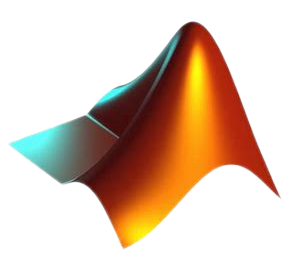Genetic Algorithms (GAs) are a type of evolutionary algorithm inspired by natural selection, used to find approximate solutions to optimization and search problems. They start with a population of randomly generated candidate solutions, each represented by a chromosome. Individuals are selected based on their fitness, which measures how good a solution is. Selected individuals undergo crossover (recombination) to produce offspring, followed by mutation to introduce random changes, maintaining genetic diversity. The new generation replaces the old, and this process repeats until a stopping criterion, such as a maximum number of generations or convergence, is met.
The Traveling Salesman Problem (TSP) is a classic optimization challenge where the goal is to find the shortest possible route visiting a set of cities exactly once and returning to the origin city. It is an NP-hard problem with various exact and heuristic algorithms for its solution. Exact algorithms like brute force and dynamic programming are computationally intensive, while heuristics like nearest neighbor and minimum spanning tree (MST) based algorithms provide approximate solutions. Genetic algorithms are particularly effective for TSP due to their capability to search large and complex spaces. They represent tours as chromosomes, apply selection, crossover, and mutation to evolve better solutions over generations, thus finding efficient routes in complex TSP scenarios.
The results of TSP problem solved by genetic algorithm:


matlab code is as follows:
% Copyright (c) 2023, https://matlabcode.dev, All rights reserved.
% This code is provided for educational purposes and is open for sharing and modification.
% Please ensure proper attribution when using or distributing this code.
clc; clear all; close all;
% Parameter settings
numCities = 20; % Number of cities
numGenerations = 5000; % Number of generations
populationSize = 50; % Population size
mutationRate = 0.1; % Mutation rate
crossoverRate = 0.9; % Crossover rate
% Generate initial city coordinates
cities = generateCities(numCities);
% Generate initial population
population = generatePopulation(populationSize, numCities);
% Genetic algorithm iteration
bestvalue_fig = [];
for generation = 1:numGenerations
generation
% Calculate fitness
fitness = calculateFitness(population, cities);
% Find the best route
[~, bestIndex] = max(fitness);
bestRoute = population(bestIndex, :);
% Selection
selectedPopulation = selection(population, fitness);
% Crossover
crossedPopulation = crossover(selectedPopulation, crossoverRate);
% Mutation
mutatedPopulation = mutation(crossedPopulation, mutationRate);
% Update population
population = [selectedPopulation; mutatedPopulation];
population(end, 🙂 = bestRoute;
bestvalue_fig = [bestvalue_fig 1 / max(fitness)];
end
% Plot the best route
plotRoute(cities, bestRoute);
